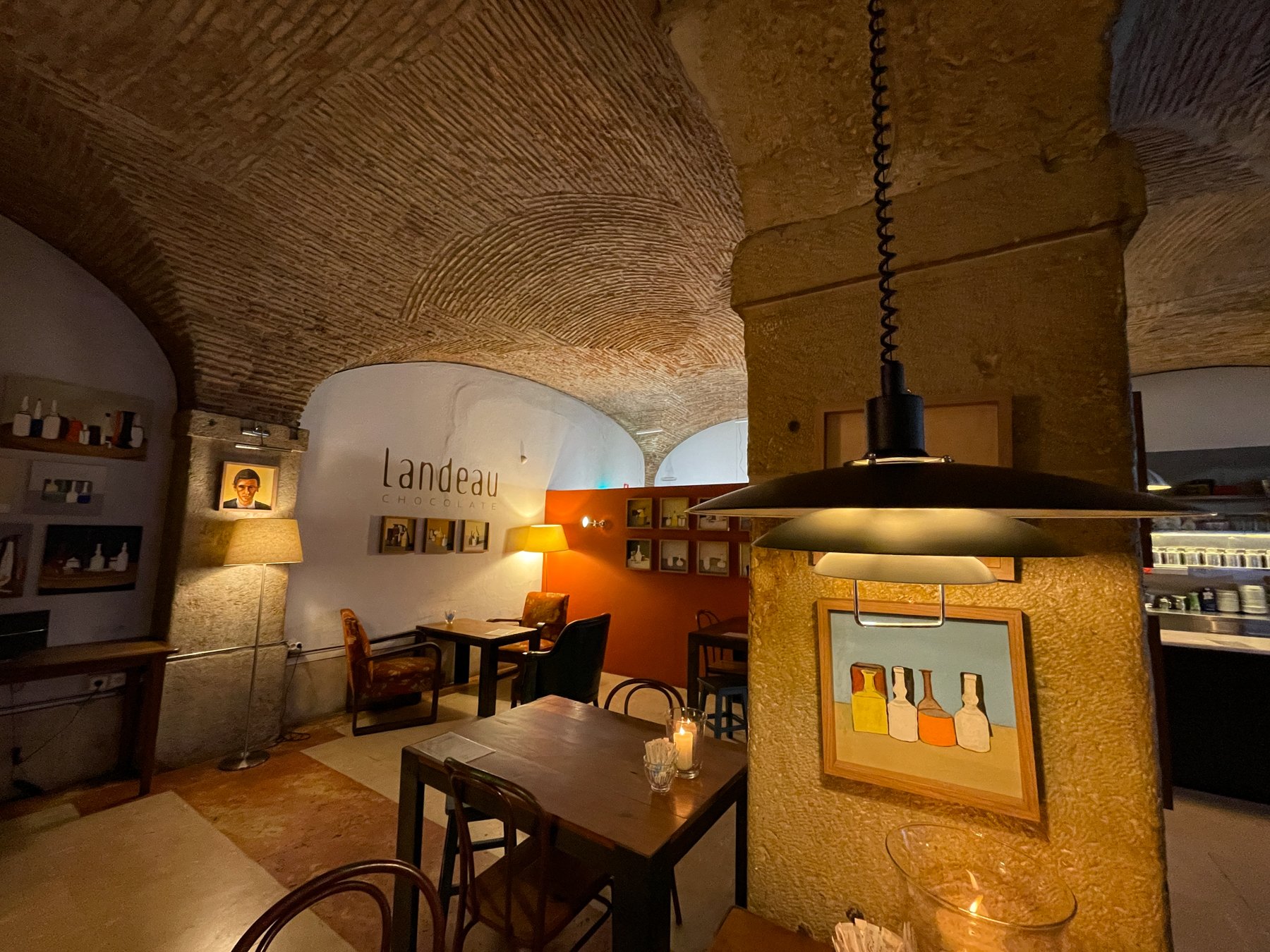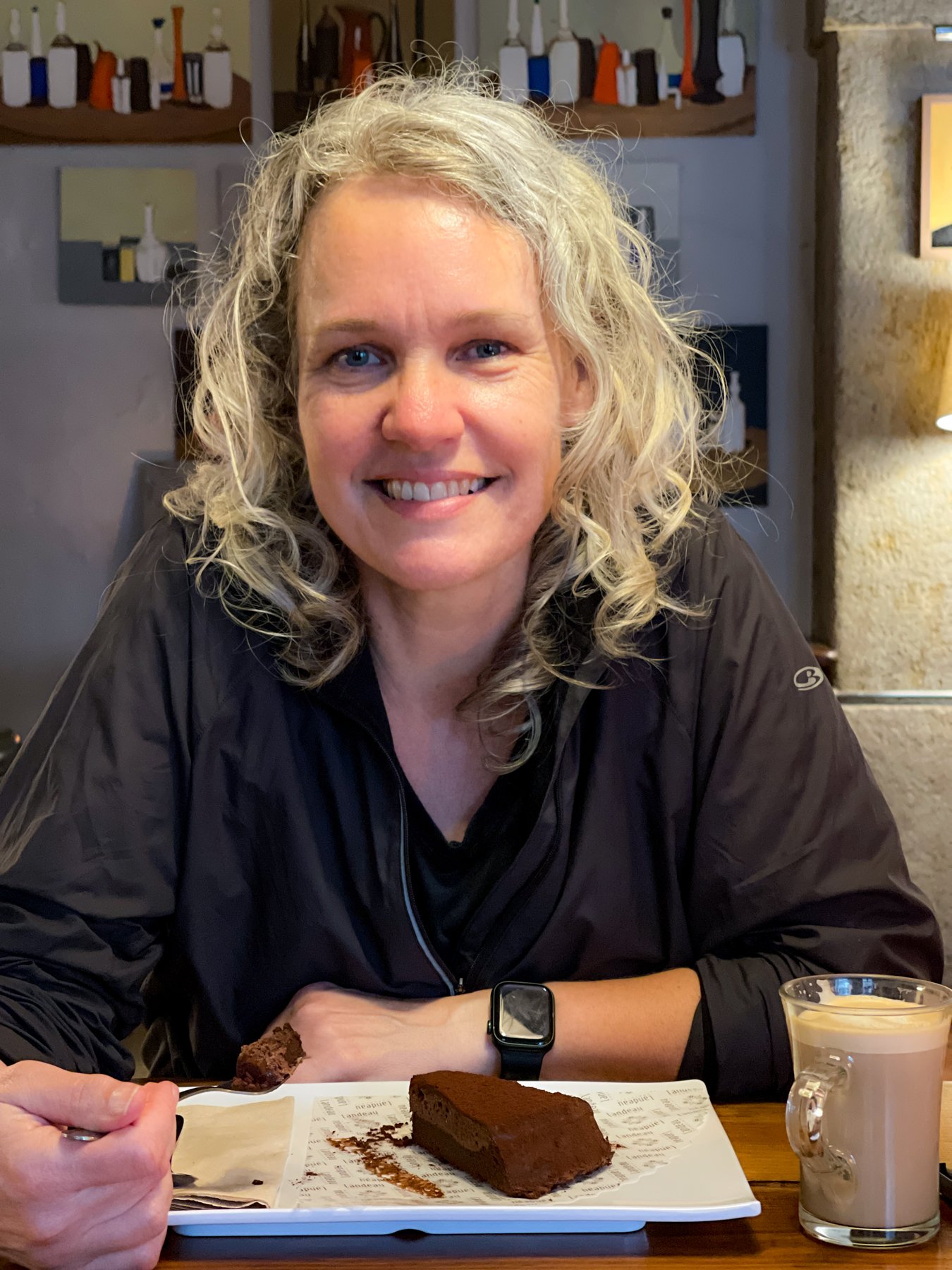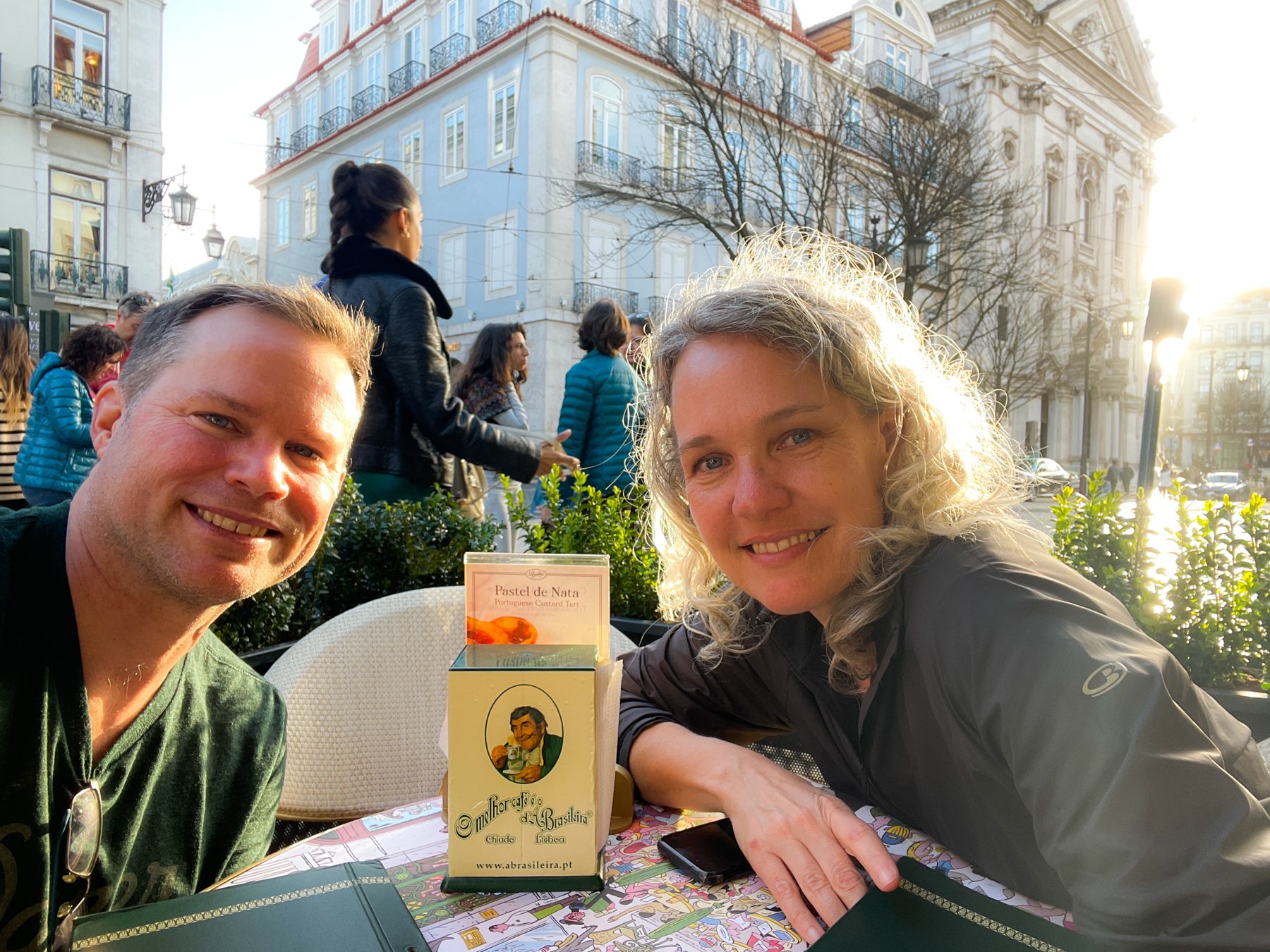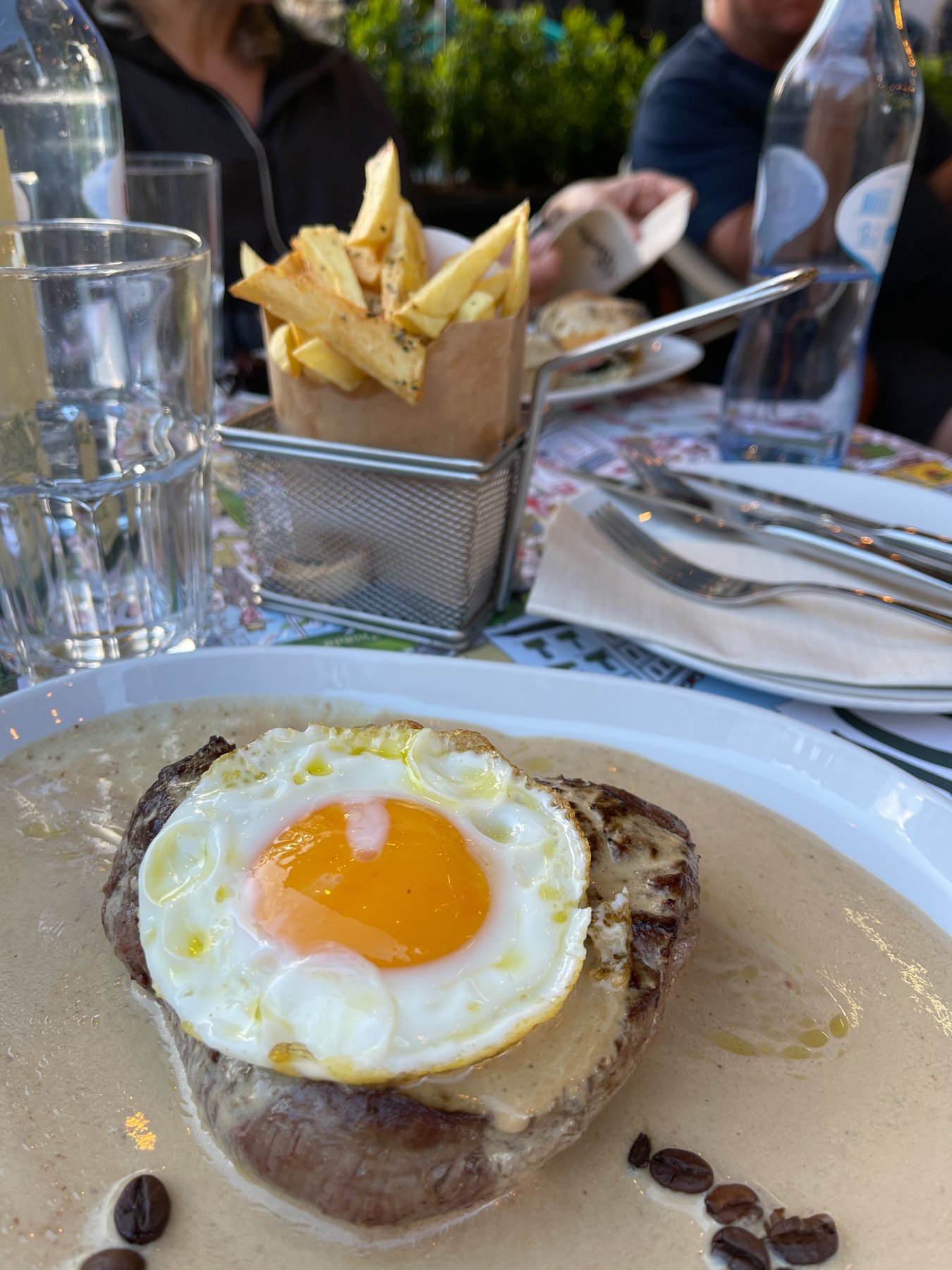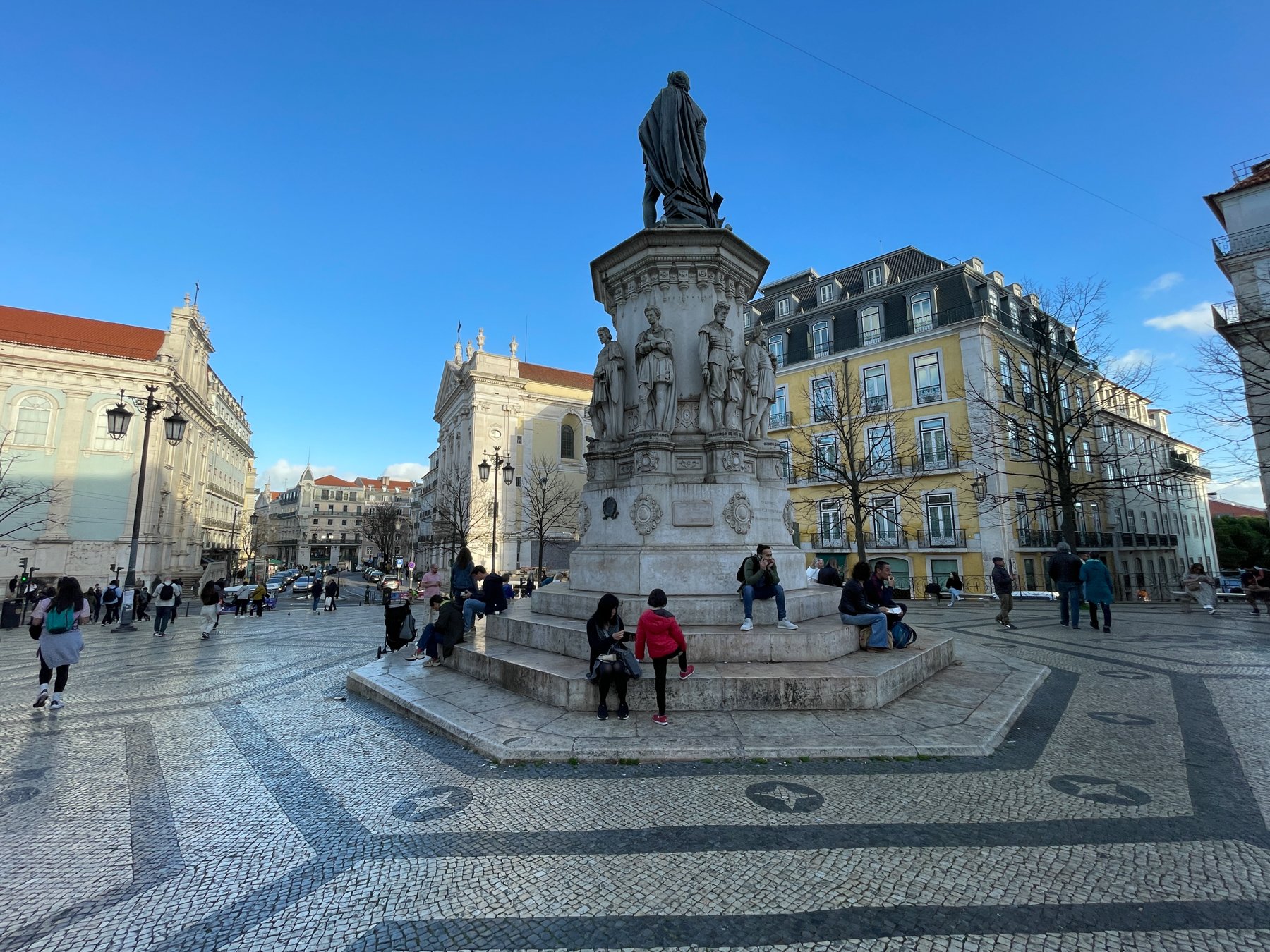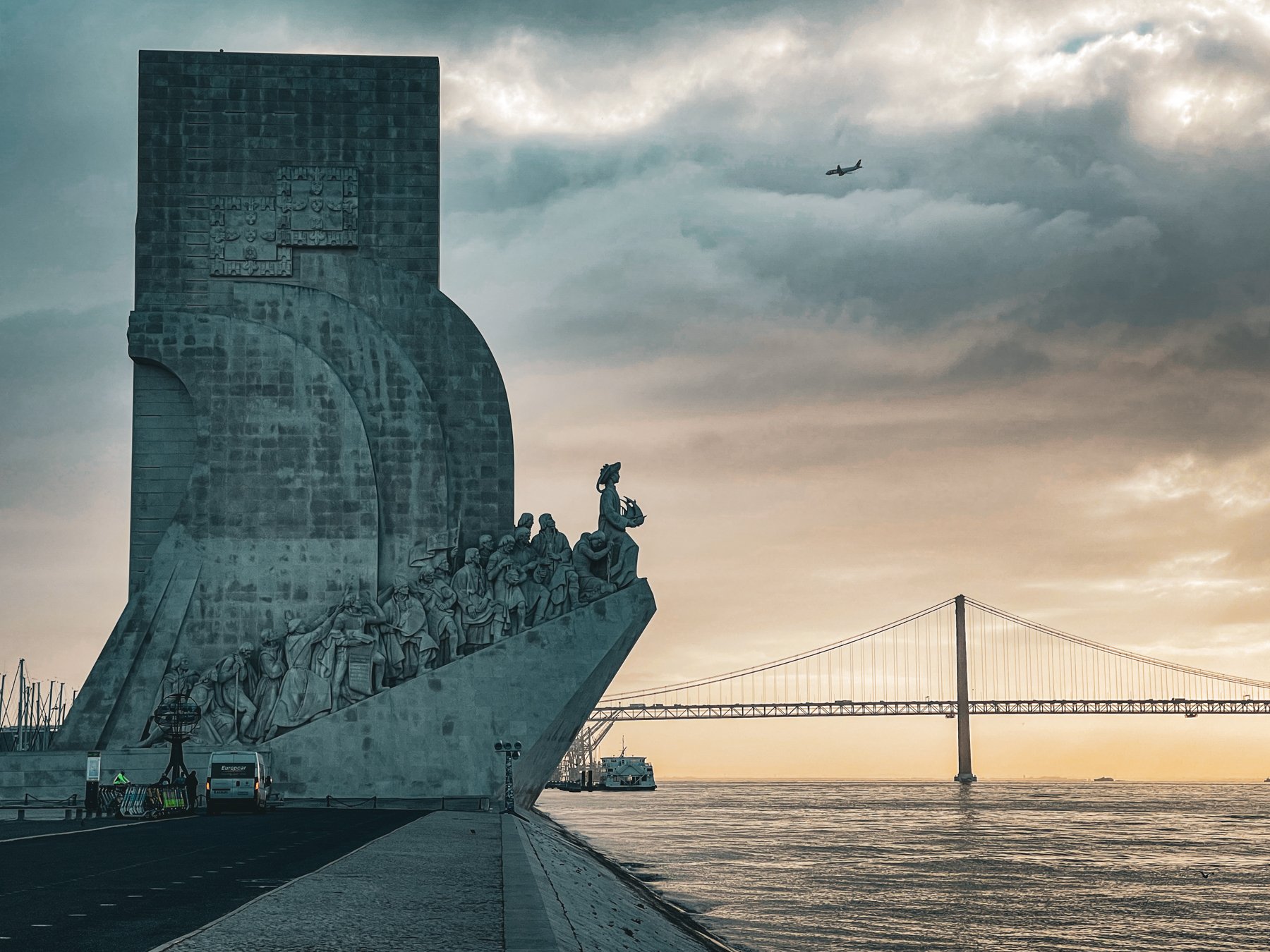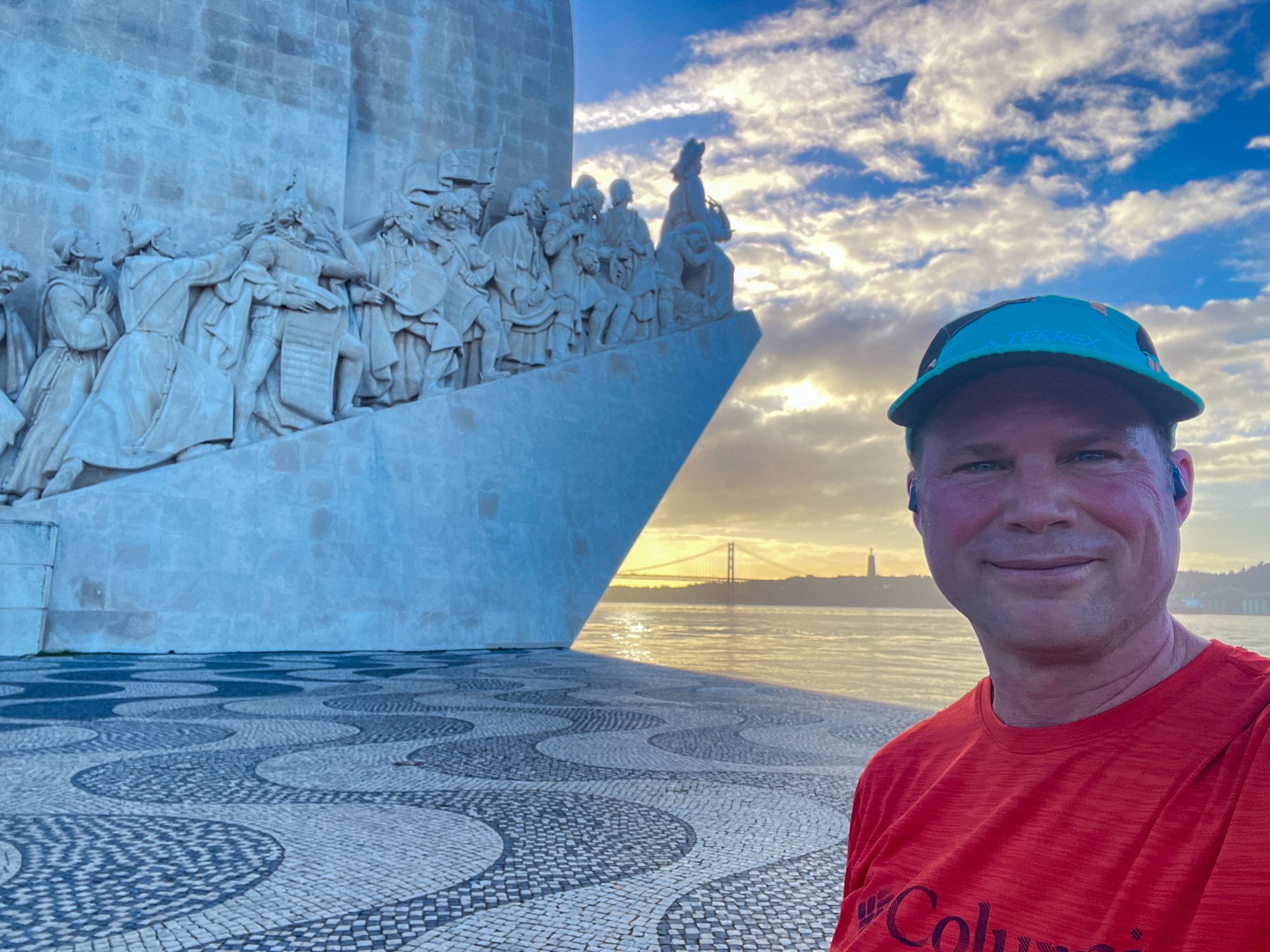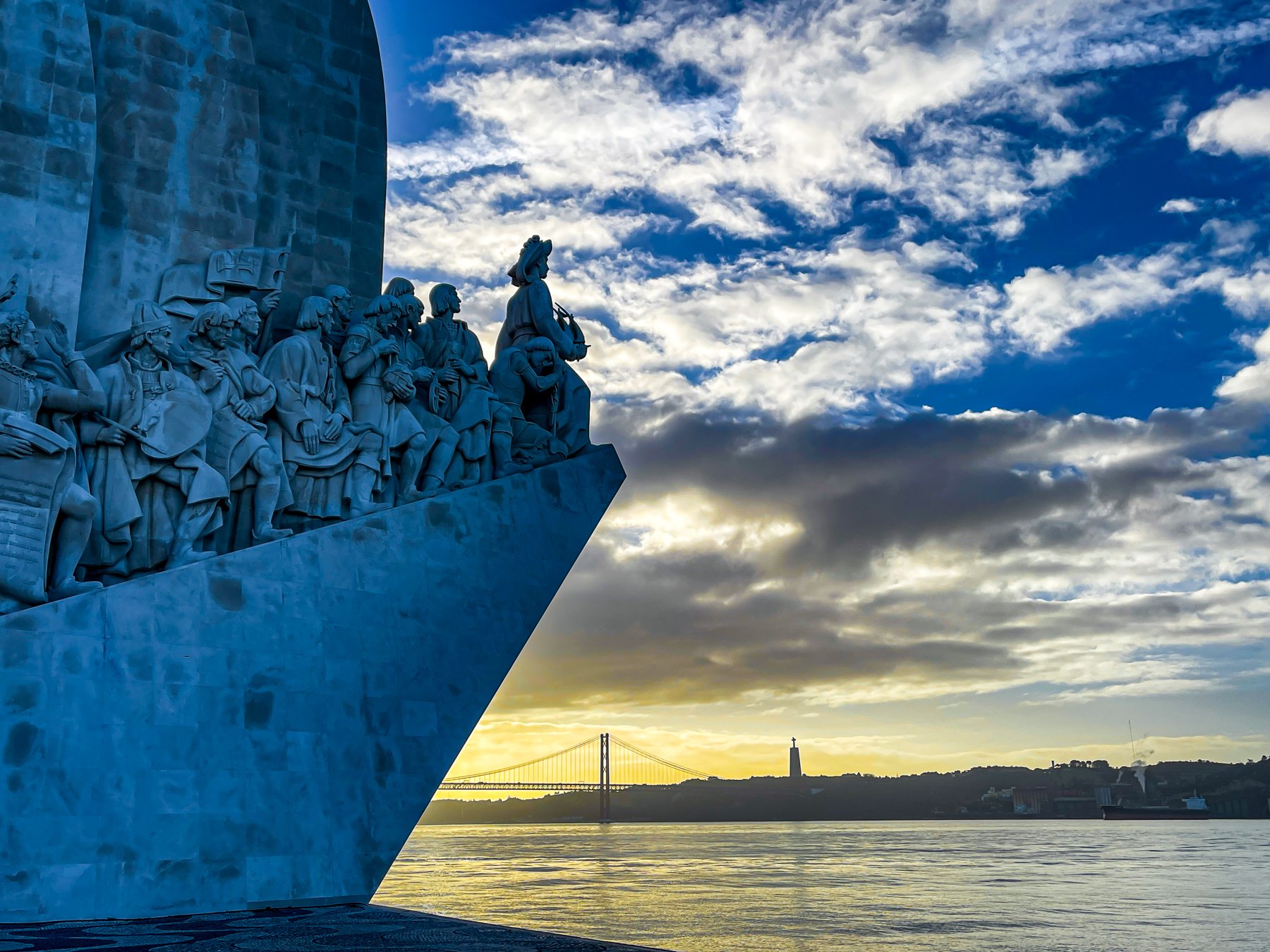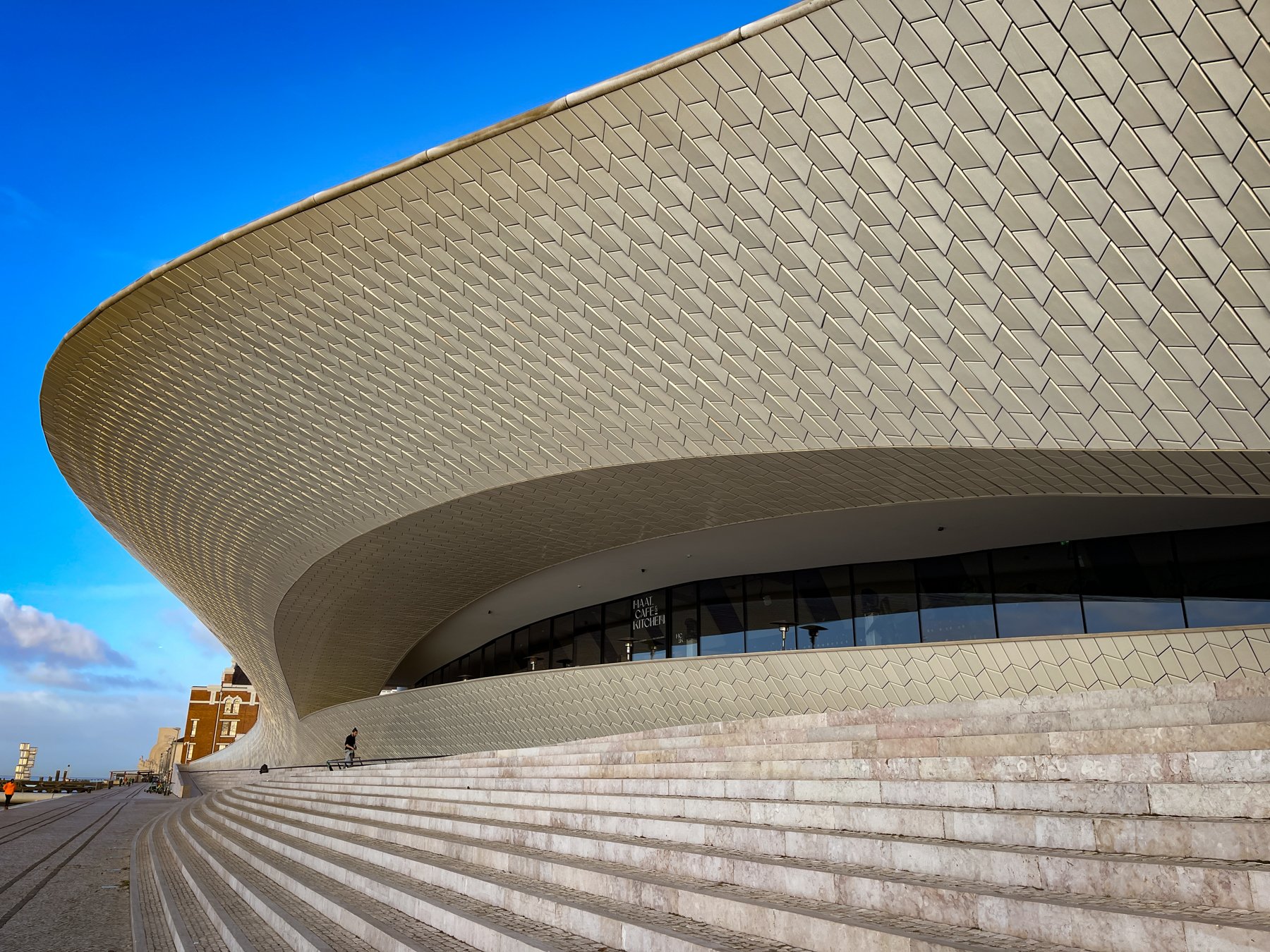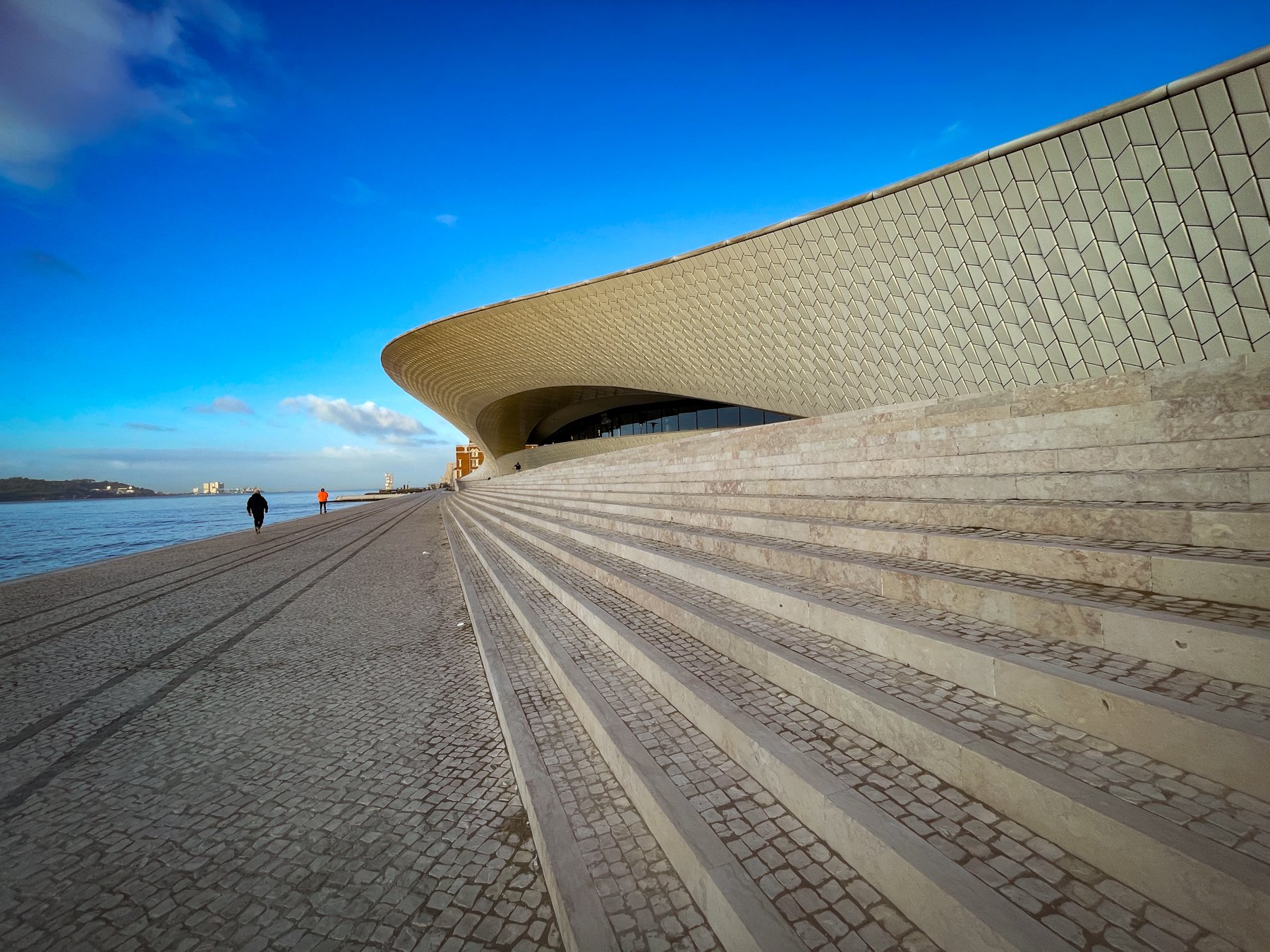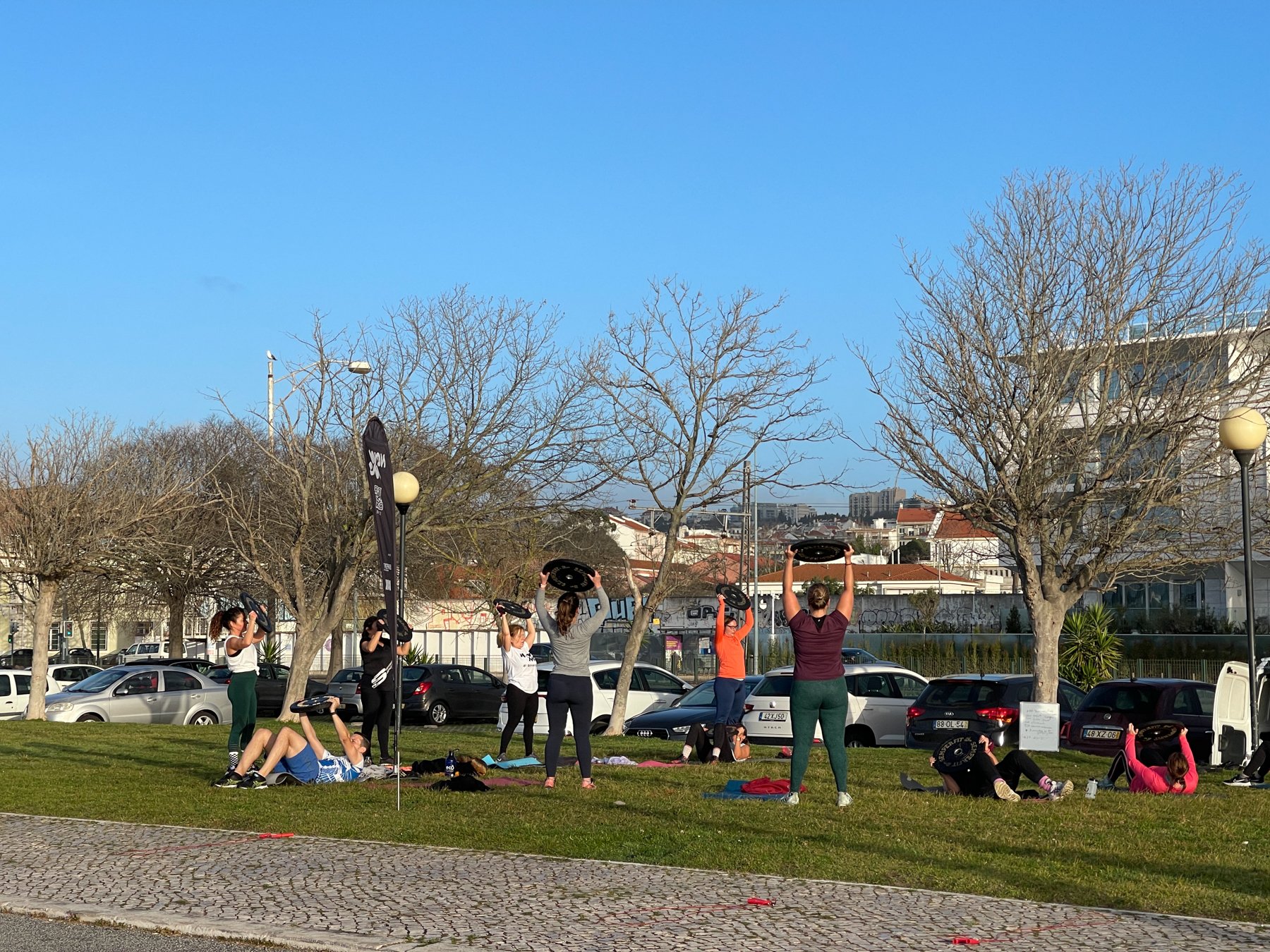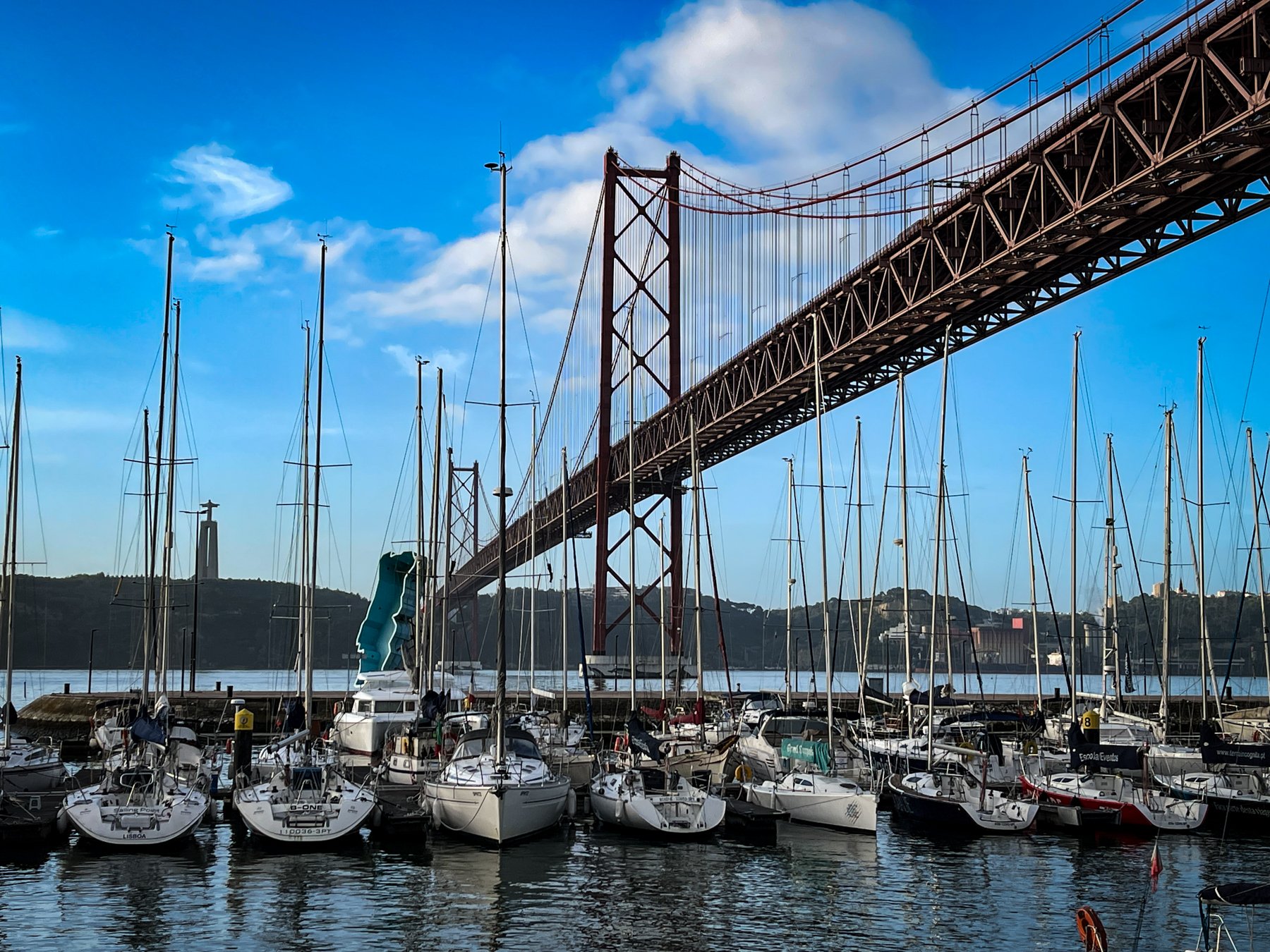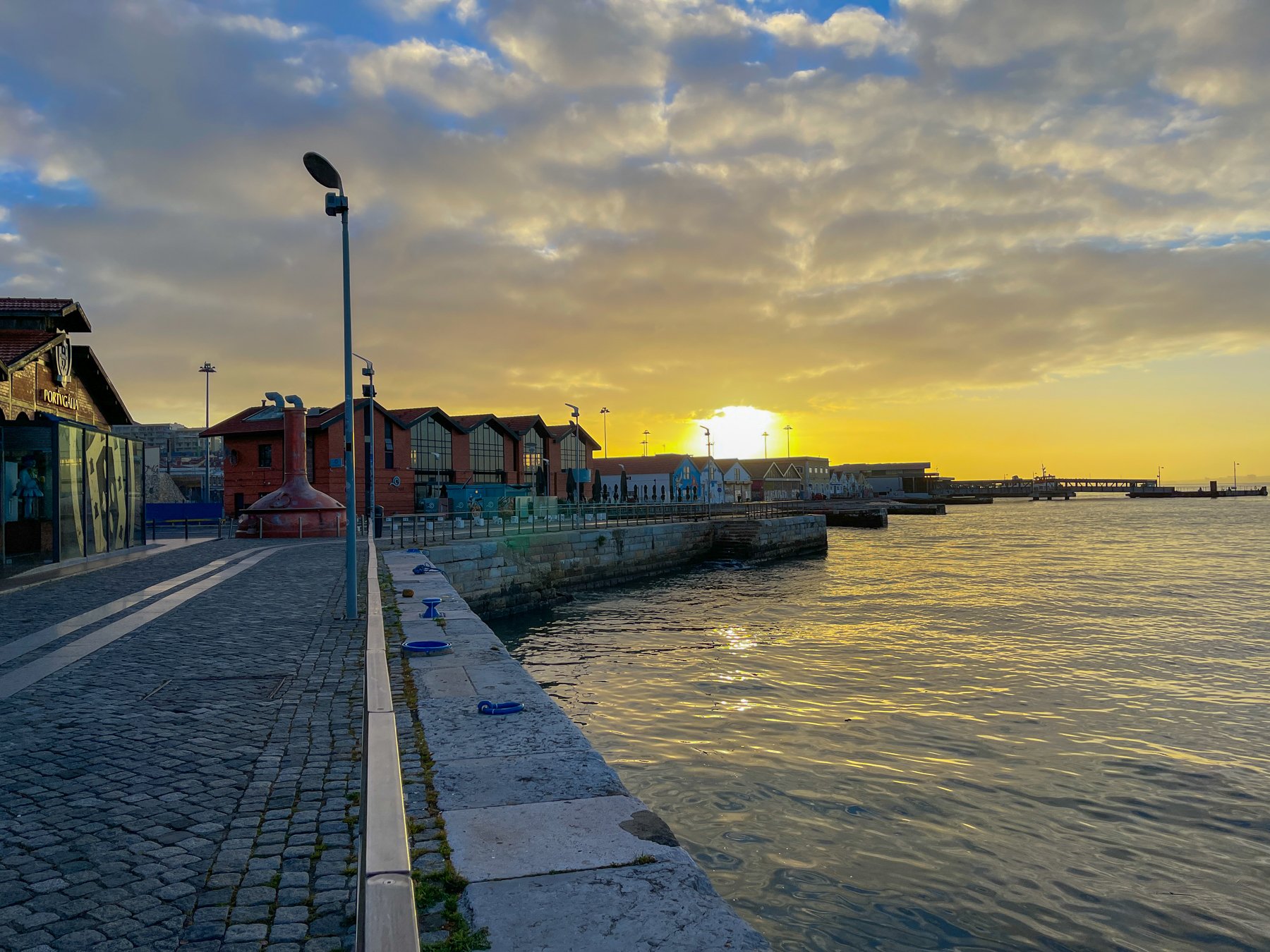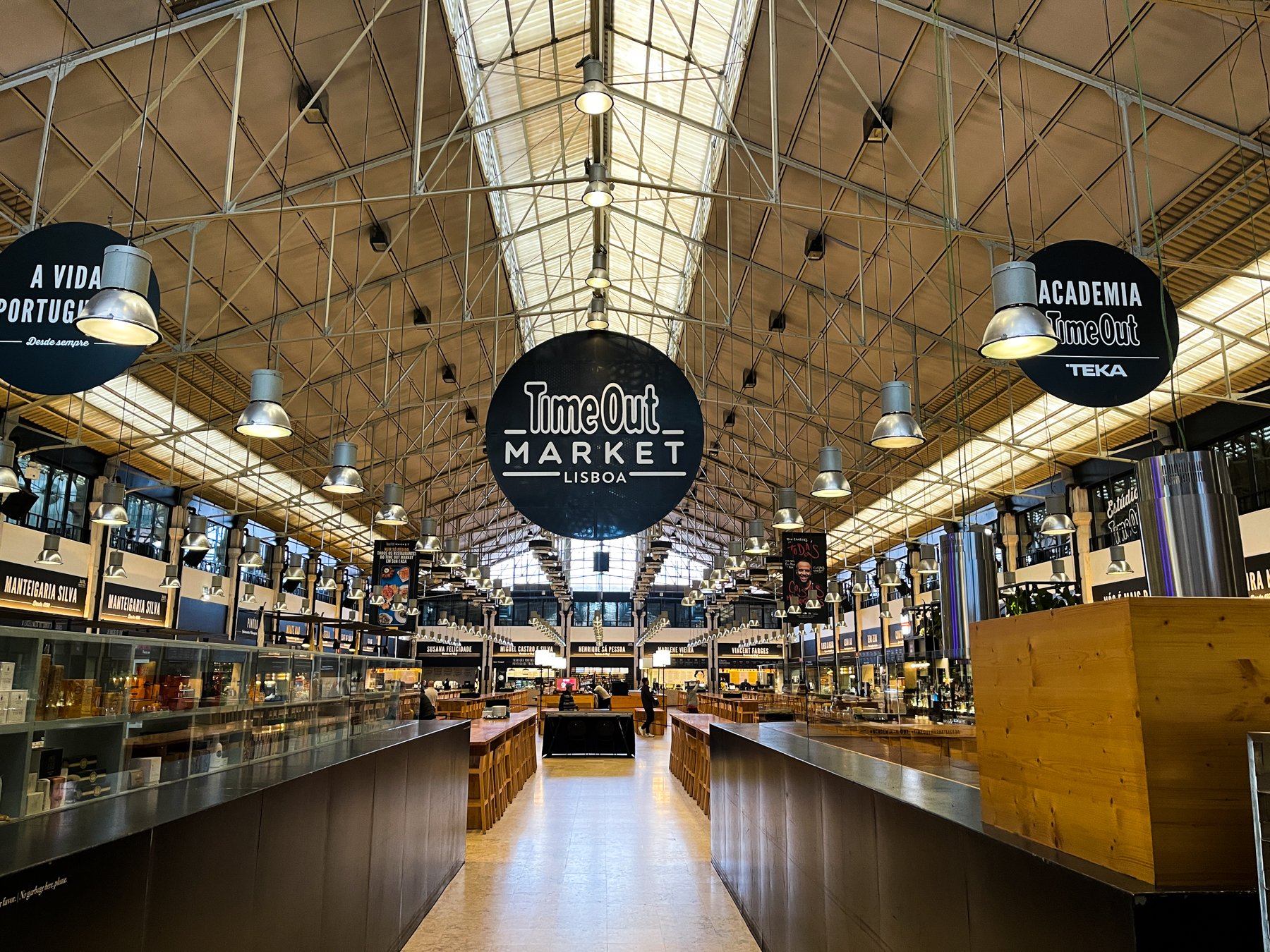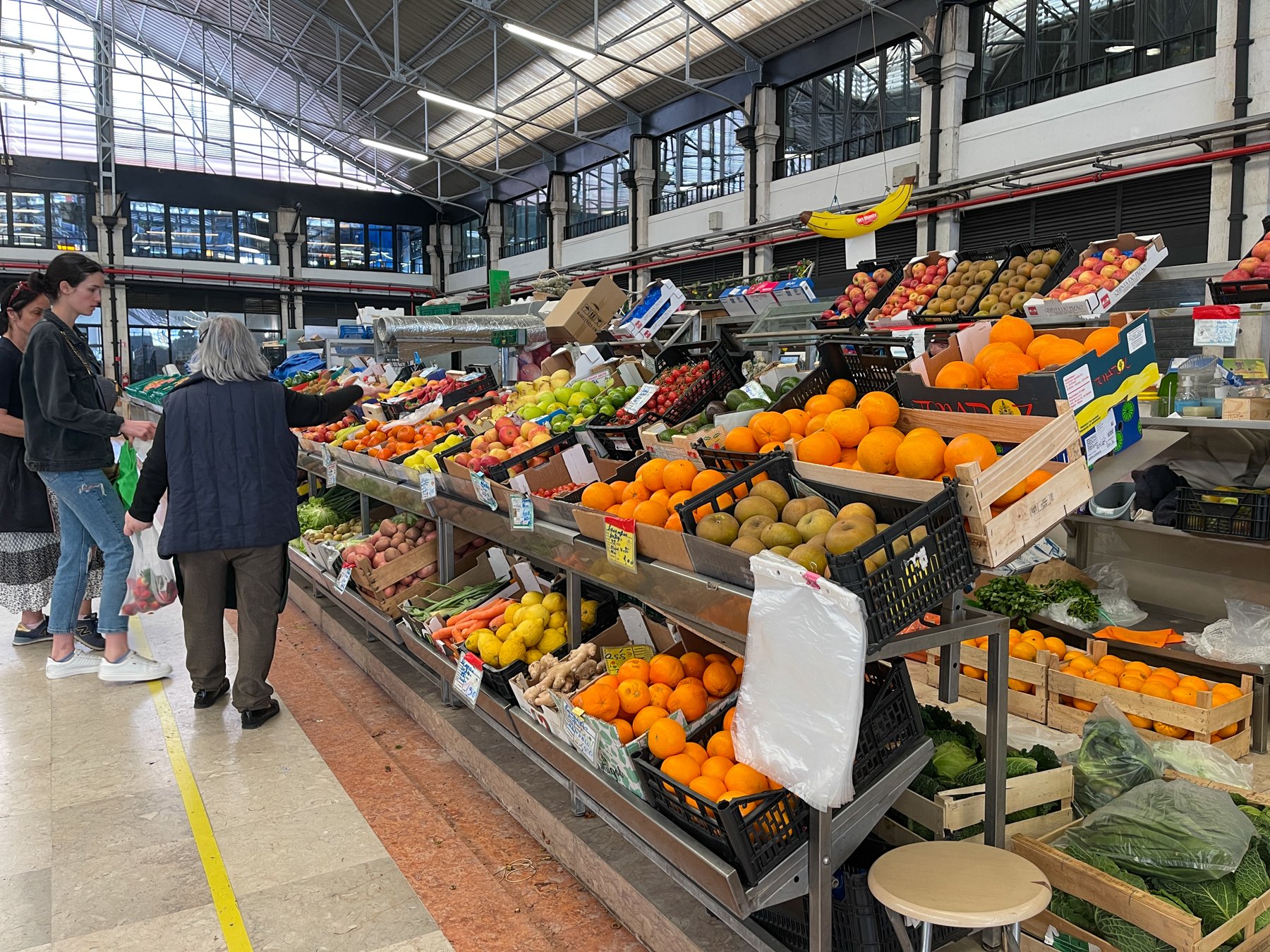Lovely Lisbon
In early March of this year Naomi and I spent some time in Portugal. Lisbon, as the capitol, is the starting and ending point for most. Naomi had planned to visit Portugal with her friend who grew up there, but plans shifted and her cousin living in Denver was able to come instead and so the two of them set off to enjoy various parts of the country via train. But first, let’s talk Lisbon.
I first visited Lisbon in 1990 while participating in a short-term missions trip with others from my youth group while living in Richboro, PA. As an impressionable young guy, Portugal was where I first experienced a cross-cultural setting and also became the place where I felt God’s steering into a later full-time missionary calling. It somehow seemed to factor even into meeting and marrying Naomi, an American who grew up in Brazil, later directing us to work in rural Mozambique which was colonized by the Portuguese.
I arrived in the afternoon via Amsterdam and picked up a rental car and wi-fi hotspot, then hit the road from the airport to navigate to the Lisbon Check-In Guesthouse next to the Jardim Nuno Álvares. Tired from travels, but committed to avoid jet lag, I met up with Naomi who was already checked in and she guided me to her favorite cafe with the most amazing chocolate cake served up by Landeau.
After dessert, it was time for dinner so we headed uphill (Lisbon is full of hills) towards A Brasileira, one of the oldest cafes in Lisbon.
“One of the oldest and most famous cafés in the old quarter of Lisbon and constantly active, the shop was opened by Adrian Telles to import and sell Brazilian coffee in the 19th century, then a rarity in the households of Lisbon. Over time the space became the meeting point for intellectuals, artists, writers and free-thinkers weathering financial difficulties and finally a tourist attraction, as much as another coffee shop.”
After dinner we enjoyed walking towards the water, downhill, as the sun set and the city buzzed around us.
Lisbon felt safe. Very safe. People were relaxed, the food was bountiful and beautiful and I wish I had more time to stay and explore. Tons of foreigners were obviously doing that very thing, whether for short-term visits or longer term stays working remotely or retiring in fashion. But after only one night, we were due to head up to Leiria by car to see our Mozambican host daughter Aissa. But first, a summer-like morning run along the waterfront followed by breakfast and a walk with Naomi…
Images from a 9-mile morning run (out and back) from our AirBnb in the neighbourhood of Santos to Padrão dos Descobrimentos
I got some advice from James, an American friend that lived both in Mozambique and in Portugal and was quite familiar with Lisbon. Here’s what he suggested:
Portugal itself, and Lisbon especially, are very tourist-friendly and tourist-forward, and I'd recommend doing all of the things that most people suggest, such as:
Visiting the Feira da Ladra street market on Tuesdays and Saturdays
Walking around the Alfama neighborhood, as well as Baixa and Chiado (Lisbon is a city to get lost in, and I never tired of walking around in it).
Taking the commuter train up to Belém (5 minutes from the Cais do Sodré train/metro stop in Baixa) and visiting the monastery and Pasteis de Belem for pastel de nata (custard tart)
Walking tours of Alfama, Baixa, Chiado, and Belém are cool to learn more about the colonial history and how it's basically mapped onto the city
hilisbonwalkingtours.com is a good option; its free but expected you'll leave a 5-15 euro tip per person
Taking a day trip to Sintra, to Óbidos, to Cascais, or even (farther) to Evora
All beautiful and fun to learn the history; Evora is more inland and farther, therefore will be quieter, but also steeped in history, including the Chapel of the Bones, made entirely of human skeletal remains...
Things in Lisbon that I specifically enjoyed that are less likely to appear on a tourist pamphlet:
Mozambican food
Cantinho do Aziz
This restaurant is becoming more popular and well-known, and I definitely saw some tourist groups stopping here, but you can get mandioca fries, frango zambeziano, and peanut-based curries reminiscent of matapa. No xima/ugali; it's definitely more of an "elevated" Mozambican cuisine, although the environment is relaxed. They also have 2M beer.
Located in the Alfama neighborhood, this museum has permanent exhibitions on the dictatorship, and a long-term exhibit on African decolonization that I enjoyed. Otherwise, it's a pretty small museum.
Batoto Yetu Cultural organization offers good walking tours on the African presence and history in Portugal; it's better to contact them directly to see about dates and prices than to to rely on their website

